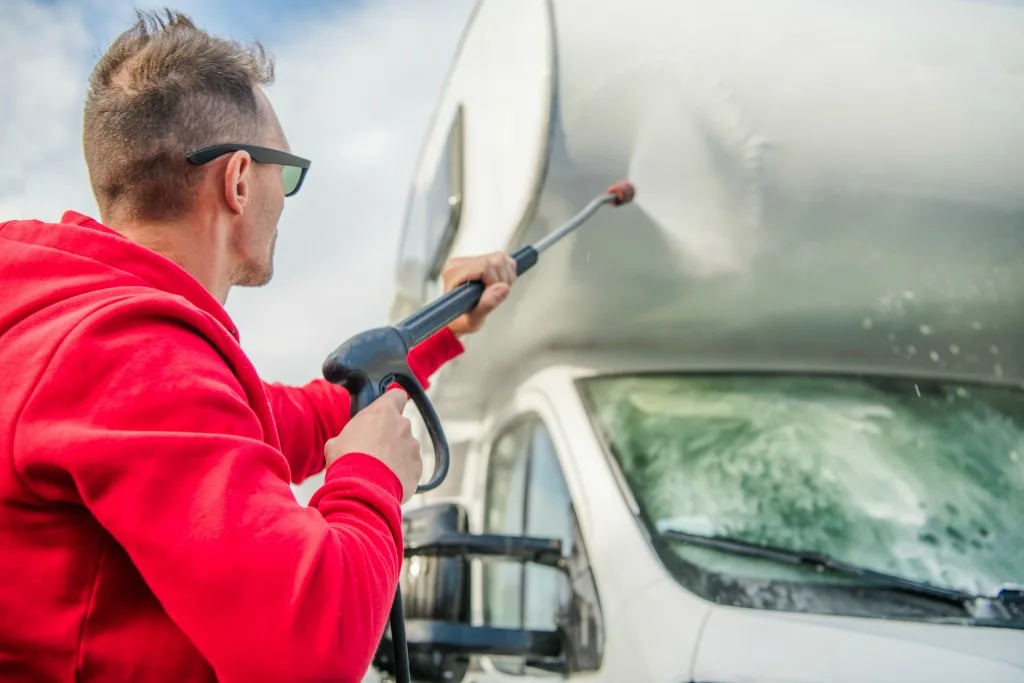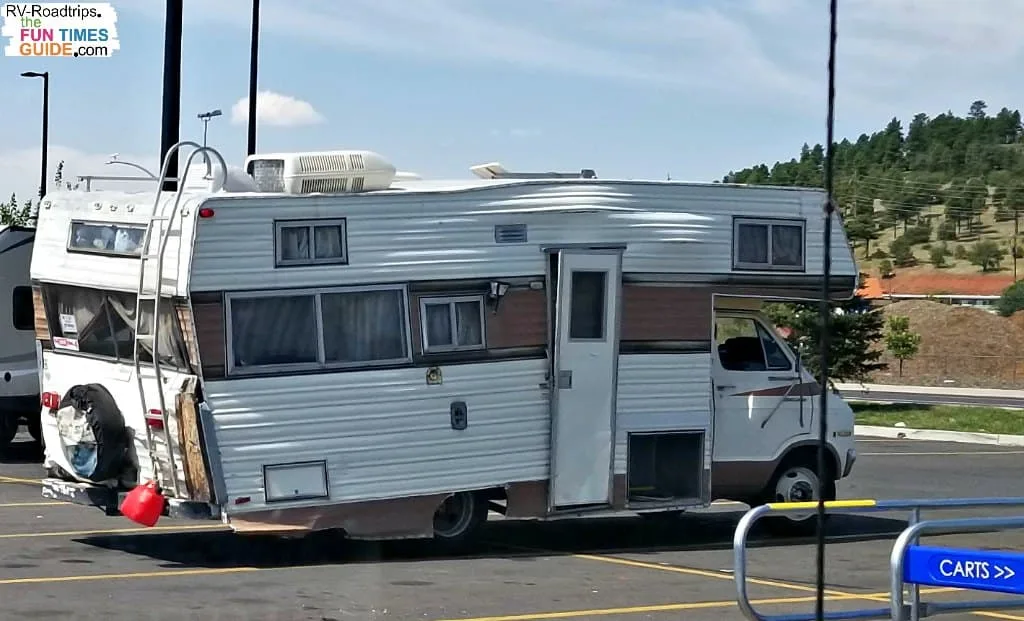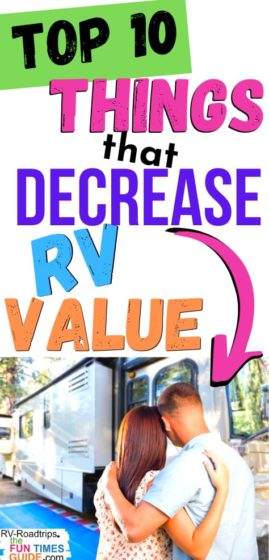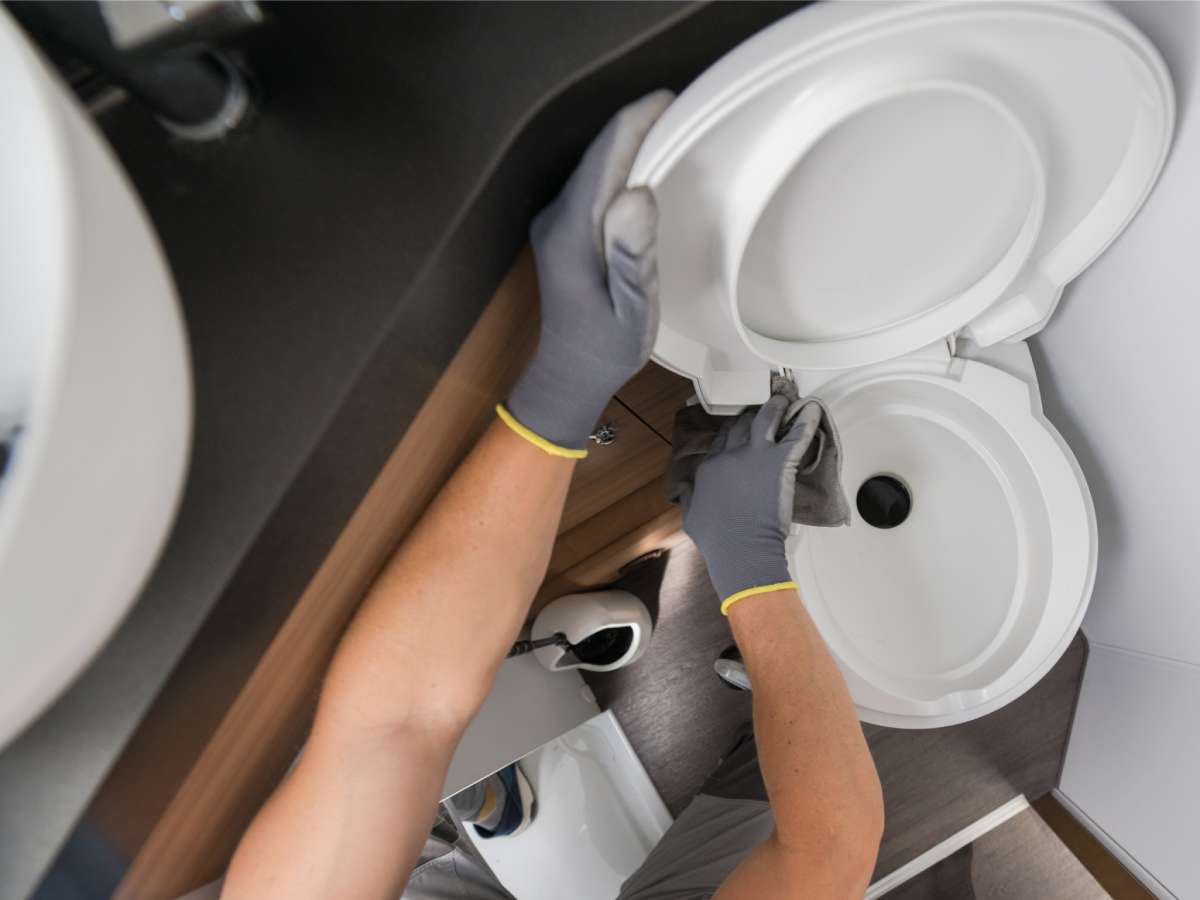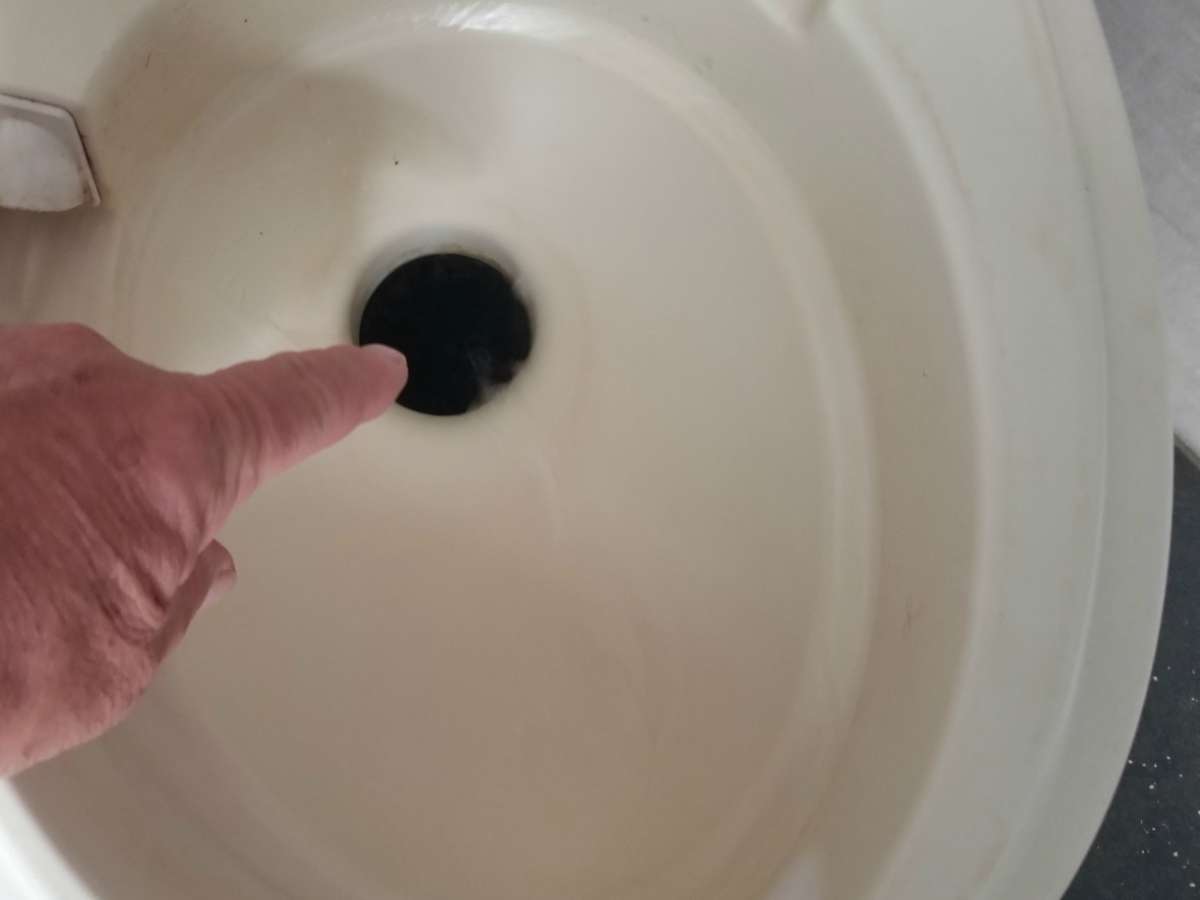Everyone knows that an RV takes a huge hit on depreciation as soon as you drive it off the dealer’s lot.
But, in addition to that, other things will greatly reduce the value of your investment as well.
See how much your RV is worth (plus RV values explained).
These are the top 10 things that will decrease the value of your RV:
#1 – RV Modifications
RVs are manufactured in ways that will appeal to the majority of RV owners. That said, it’s unlikely you will find a rig that meets your needs perfectly, regardless of which RV you choose. As a result, you’ll probably be inclined to make some modifications.
As much as you want to remove something, change another thing, or paint over an unappealing color, I can’t say this strongly enough… if you plan to eventually sell your RV, don’t do it!
When it comes to resale value, both RV dealers and RV shoppers are looking for originality. RV dealers especially take a dim view of owner modifications.
Making your RV your own will knock big dollars off the value of your RV — unless it is decades old and you got a great deal on it. Older rigs can increase in value after a high-quality remodel, but newer RVs don’t do so well.
TIP: These are my RV remodel tips, after renovating 2 fifth wheel travel trailers.
#2 – Lack Of Routine Maintenance
Not keeping up with RV maintenance and repair issues can quickly take thousands of dollars out of your pocket upon resale.
For example, if the refrigerator doesn’t cool properly, most potential RV buyers will pass you by.
Why? Because replacing a bad fridge can easily cost $2,000 — and the risk just isn’t worth it to a prospective buyer. Even though it might be something as simple as needing a new $100 circuit board, the unknowns will scare off most RV buyers.
The same is true for all other systems within your RV. Everything needs to operate as it did when the RV was new.
TIP: See my RV maintenance checklist for a list of the things you should do each spring, summer, fall, and winter.
#3 – Old RV Tires
Out of date tires will give your RV value a heavy hit too.
A set of 8 tires for a Class A diesel pusher can set you back $5,000 to $7,000.
Keep this in mind, if you’re thinking of selling your RV in the future.
TIP: Here’s what you need to know about old RV tires + what you need to know about RV wheels & lug nuts
#4 – Water Damage Inside The RV
Water damage is an automatic value killer for all RVs.
Hidden mold and rot from leaks left unrepaired can reduce your RV’s value to scrap in short order.
That’s why you should always address the problem immediately at the moment you first see water intrusion inside your RV.
TIP: Here are 10 RV repairs the average do-it-yourselfer can fix… including leaks and water damage.
#5 – A Rusty Undercarriage
A rusted undercarriage from improper storage happens when you park your RV in the backyard for the winter. While your RV is sitting on the lawn, moisture will wick up throughout the whole chassis!
The result will be heavy rust on the frame, malfunctioning brakes, other compromised RV systems — and of course, your RV value plummeting.
TIP: Speaking of the RV’s frame… very low humidity tends to shrink, warp, and crack the wood within an RV. If you have aluminum siding, it’s a good bet you have wood framing as well. The shrinkage can be extreme enough to create leaks that allow water to cause damage when heavy rains take place.
#6 – Exterior RV Scratches And Dents
Rough terrain can quickly cause damage (both obvious and invisible) to an RV.
Most RVs are made to be relatively lightweight — using material that won’t take much abuse.
Whether it’s pounding down endless dirt roads, or brushing up against trees and other obstructions, it won’t take long for your RV to start showing it’s been abused beyond what it was designed for.
TIP: Here’s how to fix cracks and delamination issues on the exterior of your RV.
#7 – Dry Rot On RV Fabrics
Dry rotted fabric on the furniture, curtains, and window blinds often happens when an RV spends much of its life sitting unprotected in the southwest.
Intense heat throughout the summer makes fabrics brittle and cracked. They will eventually just crumble away when you sit on them or attempt to use them.
TIP: Your RV needs to be fully covered in order to protect exterior finishes and interior furnishings from extreme heat. Here are my tips for repairing vs. replacing RV furniture
#8 – Relatively Low Mileage
Low mileage in comparison to the age of the RV means that it has spent a lot of time sitting idle and not being used.
For example, a 15-year-old RV with less than 10,000 miles on it has obviously spent most of its life parked. This is about the worst thing that can happen to a motor vehicle.
Why? Because rubber seals will get stiff and leak, hoses will get spongy, and brakes will rust in place. Regular movement is needed to keep an RV functioning properly.
The same is true with RV appliances:
- Gas appliances have valves that will get sticky without use.
- Water pumps have seals that will harden and crack without use.
- Sewer systems have valves that will leak.
- Everything that’s made of plastic will age and get brittle over time.
TIP: Here’s my advice regarding longterm RV parking options.
#9 – Driving With Too Much Weight
Overloading your RV beyond its GVWR (Gross Vehicle Weight Rating) is not only unsafe — it will also cause damage to many of the systems onboard your RV.
The way most RVs are built (including trailers and especially Class C and Class A motorhomes), there are relatively meager allowances for possessions and passengers onboard an RV.
Often, just loading the rig with its rated number of passengers will leave you with only enough weight carrying ability to bring along a couple cans of soup to feed your crew!
TIP: If you have a motorhome, pay special attention to the length beyond the rear wheels. Some motorhomes have 15 feet or more hanging beyond the rear wheels — which is not the best distribution of weight. Here are my tips to avoid RV weight issues.
#10 – Fast Starts And Stops
Getting in a hurry with your RV will increase wear & tear and shorten the lifespan of your running gear.
Jack rabbit starts and power braking are not recommended. RVs need to live life in the slow lane!
Most motorhomes have the equivalent of a 1-ton pickup truck for running gear — and they are pressed to the maximum of their design every time they get on the road.
The more you want to push it further and faster, the shorter your RV’s life expectancy will be.
TIP: Keep in mind that you’re out there to enjoy the trip. RVing isn’t a speed sport, it’s supposed to be a time to relax!
The Bottom Line
Taking care of your RV will ensure that it retains its value for a longer period of time.
If you decide to make changes to your camper, trailer, or motorhome… just keep in mind that what you think is the best possible improvement may not be viewed as such to everyone else (like potential buyers).
Seriously consider every change before you make it — and evaluate the degree to which that change could be detrimental to your RV’s resale value.
Try your best to pick the right RV to satisfy your needs from the get-go. Then, get out there and use it (rather than keep it parked). Take care of your camper… and use it!
Dig Deeper…
In addition to the links I’ve included above, here are some of my other tips to make your RV last longer and retain its value:
- See the average lifespan for everything inside your RV.
- Here’s my advice to anyone who is considering buying a used RV.
- This is my annual RV roof repair list & DIY maintenance tips.
- Here’s how to choose the best RV for full-time RV living.
- These are the best RV cleaners and protectants.
- See the top 10 things that increase RV value.
Like this post? Save it to read again later… or share with others on Pinterest!


